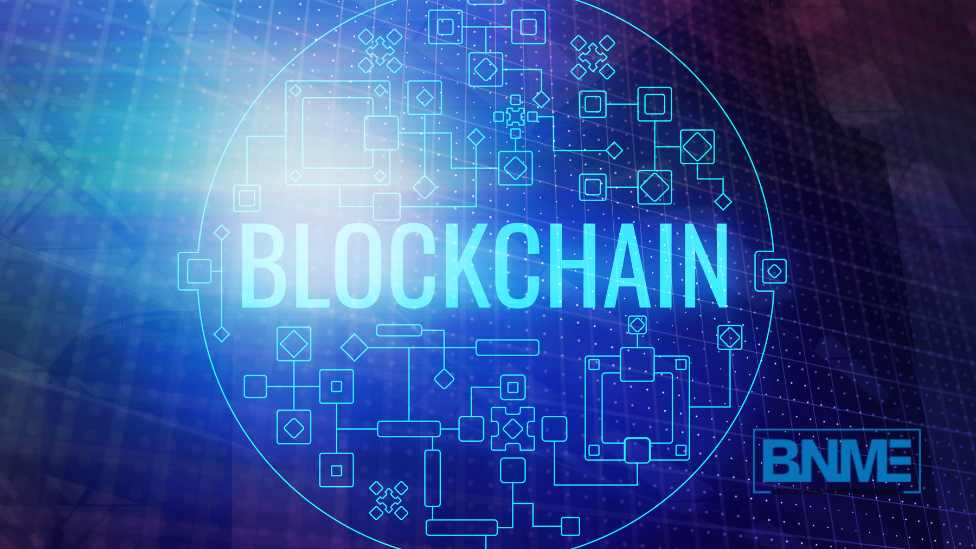Globally, blockchain technology is advancing significantly in many fields, and Iran is no exception. The convergence of blockchain technology and sustainable development has yielded favorable consequences for the nation in recent times.
5 Impact of Blockchain on Iran’s Sustainable Development
Transparent Supply Chains for Agricultural Products
Blockchain has been instrumental in creating transparent and traceable supply chains for agricultural products in Iran’s sustainable development. Through the use of blockchain, consumers can verify the origin, cultivation methods, and transportation of products like pistachios and saffron. This transparency enhances consumer trust and ensures fair compensation for local farmers. According to the Iran Blockchain and Cryptocurrency Association (IBCA), which operates under the supervision of the Iran Chamber of Commerce, Industries, Mining and Agriculture (ICCIMA), blockchain technology can help establish reliable food supply networks and build trust between producers and consumers. Blockchain can also track the provenance of food and guarantee the safety and quality of agricultural goods.
Trading Platforms for Renewable Energy
Iran has been investigating blockchain-based solutions to enable the trade of renewable energy on a decentralized platform. Blockchain-based smart contracts allow people and companies to purchase and sell extra energy directly, encouraging the adoption of renewable energy sources and lowering dependency on conventional energy systems.
Water Management Made Efficient using Smart Contracts
Iran has implemented smart contracts based on blockchain technology to improve water management, particularly for agricultural purposes. By automating water distribution procedures, these contracts guarantee equitable and effective distribution according to predetermined standards. This encourages sustainable farming methods and the preservation of water supplies.
Tokenization of Carbon Credits
In response to environmental concerns, Iran’s sustainable development has been able to tokenize carbon credits thanks to blockchain technology. Businesses are able to easily exchange and transmit their accomplishments in reducing emissions by using tokens based on blockchain technology. This creative strategy encourages businesses to embrace environmentally responsible practices and actively engage in carbon offset programmes.
Decentralised Waste Management Systems
Significant improvements can be made to the urban environment Blockchain facilitates recycling and streamlines trash disposal procedures by decentralising waste management systems. Tokens based on blockchain technology further incentivize citizens by rewarding them for participating in environmentally friendly activities. Iran’s sustainable development.garbage production is ranked 17th in the world by the World Population Review.
TAKEAWAY
In conclusion, blockchain has a real and significant impact on Iran’s sustainable development. These instances highlight blockchain’s critical role in guiding Iran towards a more sustainable and ecologically sensitive future, from encouraging transparent farming practices to incentivizing the use of renewable energy and revolutionising trash management. The potential for more beneficial disruptions at the nexus of blockchain technology and sustainable development in Iran looks bright as long as technology keeps developing.





























1 thought on “5 Ways Blockchain Has Impacted Iran’s Sustainable Development”
Incredibly informative piece! I appreciate the depth and clarity you provided.